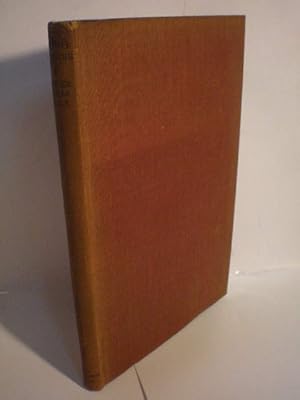
‘Who, if I cried out,’ the poems begin, ‘would hear me among the angels’ hierarchies?’ And the implicit answer is ‘No one.’ The great, stormy movements of those poems that seem to open out really aim to close in, to narrow, to limit: to bring us up against the huge nakedness and poverty of human longing.’ Nor does it admit, as comfort, any easy idea of transcendence. This is why the argument of the Elegies is against ordinary life.

He induces a kind of trance it is as if he were peeling off layers of the apparent richness of the self, arguing us back to the poverty of a great, raw, objectless longing. It is also what makes him difficult to read thoughtfully. That voice of Rilke’s poems, calling us out of ourselves, or calling us into the deepest places in ourselves, is very near to what people mean by poetry. They seem whispered or crooned into our inmost ear, insinuating us toward the same depth in ourselves. What makes them so seductive is that they also speak to the reader so intimately. His poems have the feeling of being written from a great depth in himself.

Rilke’s special gift as a poet is that he does not seem to speak from the middle of life, that he is always calling us away from it. ‘The Duino Elegies are an argument against our lived, ordinary lives. In his introduction to Stephen Mitchell’s fine Rilke translations, the US poet Robert Hass has well described the lasting poetic achievement and more than merely historical appeal of Rilke’s Duino Elegies, one that may lie, more specifically, in what he calls Rilke’s ‘special gift’: Why translate Rilke’s masterpiece the Duino Elegies at the beginning of the twenty first century? What interest could there, beyond the historical, of translating this neo-romantic, late-symbolist poet whose major works are written in the same larger period as those of poets similarly influenced by the post-romantic French tradition from Baudelaire to Rimbaud, Verlaine and Mallarmé: Valéry, Claudel, Yeats, Eliot, Guillen, Jimenez, Quasimodo, Lorca, Stevens?


Rainer Maria Rilke, Duino Elegies (Duineser Elegien, 1923)


 0 kommentar(er)
0 kommentar(er)
